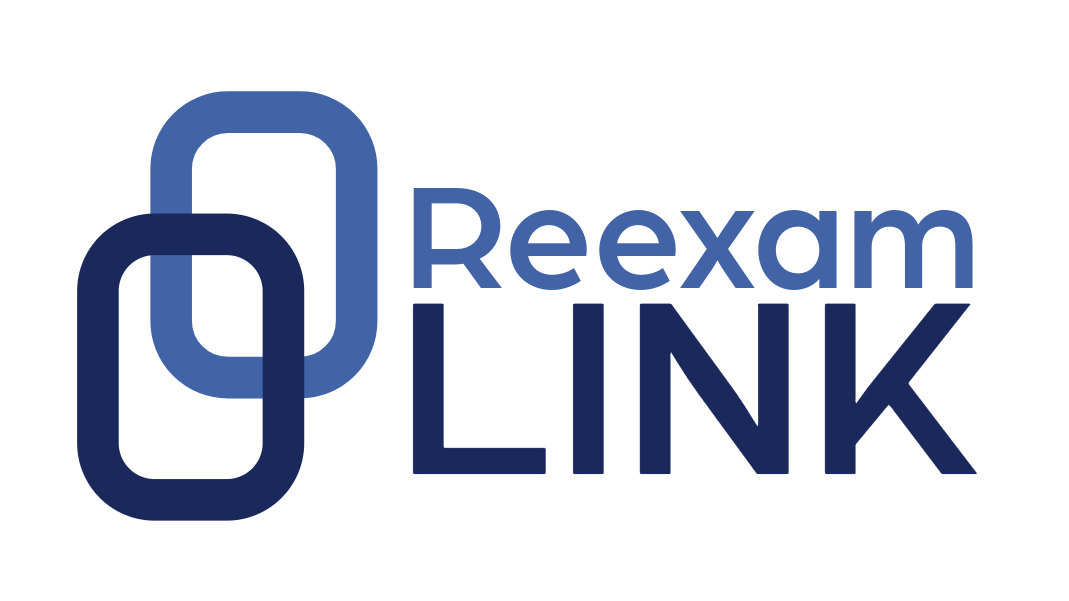One of the criticisms lodged against traditional reexamination proceedings is that when a request for reexamination is filed, the proceeding may take on a life of its own and typically cannot be withdrawn even if the parties want to dismiss the action. The AIA provides for patent office trials with more options for parties, because they can move to request termination of the action before a final decision by the Board. However, the Board is not a party to a settlement and has independent powers to determine jurisdiction and patentability.
The rule lays out the requirements for settlement:
37 C.F.R. § 42.74 Settlement.
(a) Board role. The parties may agree to settle any issue in a proceeding, but the Board is not a party to the settlement and may independently determine any question of jurisdiction, patentability, or Office practice.
(b) Agreements in writing. Any agreement or understanding between the parties made in connection with, or in contemplation of, the termination of a proceeding shall be in writing and a true copy shall be filed with the Board before the termination of the trial.
(c) Request to keep separate. A party to a settlement may request that the settlement be treated as business confidential information and be kept separate from the files of an involved patent or application. The request must be filed with the settlement. If a timely request is filed, the settlement shall only be available: (1) To a Government agency on written request to the Board; or (2) To any other person upon written request to the Board to make the settlement agreement available, along with the fee specified in § 42.15(d) and on a showing of good cause.
Settlements have already begun in PTAB proceedings. An early settlement was negotiated after filing of an inter partes review petition, but before institution of proceedings in Komatsu America Corp. v. Leroy G. Hagenbuch (IPR2013-00130 relating to U.S. Pat. No. 7,039,507). Komatsu filed a petition for IPR on January 29, 2103, challenging claims 2, 4-7, 13-18, and 25-36 of the ’507 patent. The Patent Owner had until May 4, 2013 to file a preliminary response, but instead the parties settled their action in a parallel district court proceeding and filed a joint Motion to Terminate the IPR on April 30, 2013. The motion included copies of the district court settlement and a copy of the confidential settlement between the parties. The parties also included a motion to keep the settlement business confidential information pursuant to the rule. The Board granted the request for confidentiality and terminated the proceedings on May 6, 2013, which was prior to institution of proceedings.
Of course, the prior art cited against the ‘507 patent is now publicly available due to the filing of the IPR petition, so that may affect the practicality of future enforceability of the ‘507 patent, but the parties have avoided legal estoppel due to termination of the proceedings before any final written decision by the Board. (37 C.F.R. § 42.73) This case is an example of how early termination of AIA post-grant proceedings can follow settlement, saving the parties and the Board further time and expense.

Leave a Reply